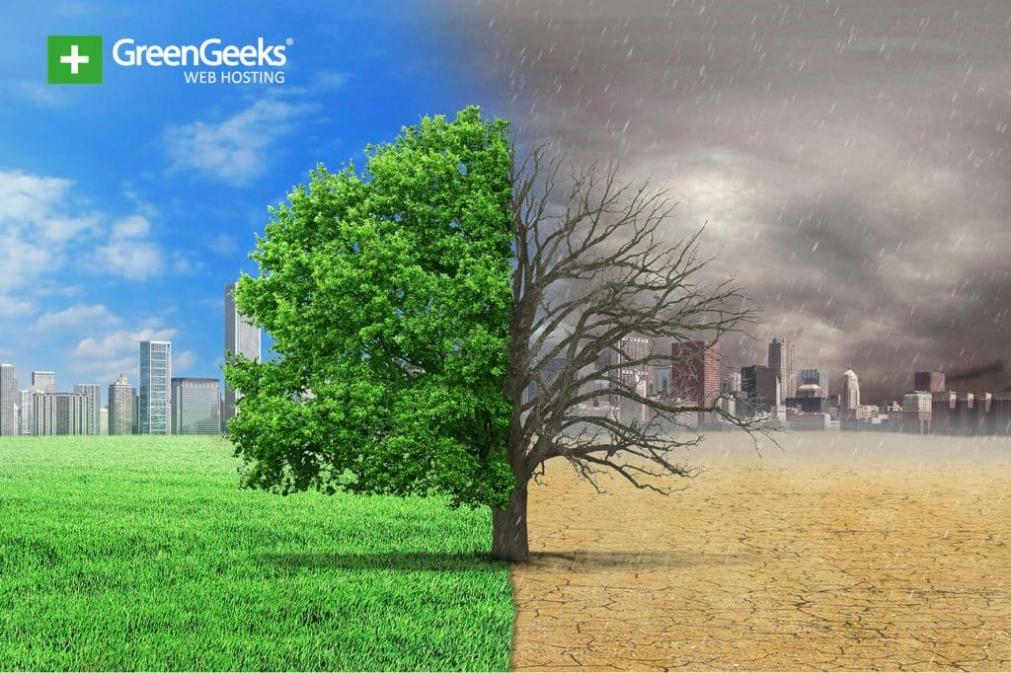What Are the Future Prospects for Using Satellite Data to Study Climate Change?
Climate change is one of the most pressing issues facing our planet today. To effectively address this challenge, we need accurate and timely data on the state of the Earth's climate system. Satellite data plays a crucial role in providing this information, and its importance is only going to grow in the years to come.

Current Applications Of Satellite Data In Climate Change Studies
Satellite data is currently used in a wide variety of ways to study climate change. Some of the most common applications include:
- Monitoring sea level rise
- Tracking changes in ice cover
- Measuring global temperatures
- Studying the effects of climate change on ecosystems
- Developing climate models
Satellite data has been essential in helping us to understand the causes and consequences of climate change. It has also been used to develop policies and strategies to mitigate the impacts of climate change.
Advantages And Limitations Of Satellite Data In Climate Change Studies
Satellite data has a number of advantages over other methods of collecting climate data. These advantages include:
- Global coverage: Satellites can collect data from all over the Earth, including remote and inaccessible areas.
- Long-term records: Satellites have been collecting data for decades, providing a valuable record of how the climate has changed over time.
- Ability to measure various climate parameters: Satellites can measure a wide range of climate parameters, including temperature, precipitation, sea level, and ice cover.

However, satellite data also has some limitations. These limitations include:
- Need for calibration and validation: Satellite data needs to be calibrated and validated to ensure that it is accurate and reliable.
- Potential for data gaps: Satellite data can be interrupted by clouds, rain, or other factors, which can lead to data gaps.
- Challenges of interpreting complex data: Satellite data can be complex and difficult to interpret. This can make it challenging to use satellite data to draw conclusions about climate change.
Future Prospects For Using Satellite Data In Climate Change Studies
The future prospects for using satellite data to study climate change are very promising. As satellite technology continues to improve, we will be able to collect more accurate and detailed data about the climate system. This data will be essential for improving our understanding of climate change and developing effective strategies to address it.

Some of the potential future applications of satellite data in climate change studies include:
- Using satellite data to improve climate models
- Using satellite data to monitor and verify climate change mitigation and adaptation efforts
- Using satellite data to support the development of climate change policies and decision-making
Challenges And Opportunities
There are a number of challenges that need to be addressed in order to fully harness the potential of satellite data for climate change studies. These challenges include:
- The need for continued investment in satellite data collection and analysis
- The need for improved collaboration and partnerships between scientists, policymakers, and stakeholders
- The need to address the challenges of data gaps and data interpretation
Despite these challenges, the opportunities for using satellite data to study climate change are enormous. By investing in satellite data collection and analysis, and by working together to address the challenges, we can use satellite data to make a significant contribution to our understanding of climate change and to the development of effective strategies to address it.
Satellite data is a powerful tool for studying climate change. It provides us with a global perspective on the climate system and allows us to track changes over time. As satellite technology continues to improve, we will be able to collect even more accurate and detailed data about the climate system. This data will be essential for improving our understanding of climate change and developing effective strategies to address it.
YesNo

Leave a Reply